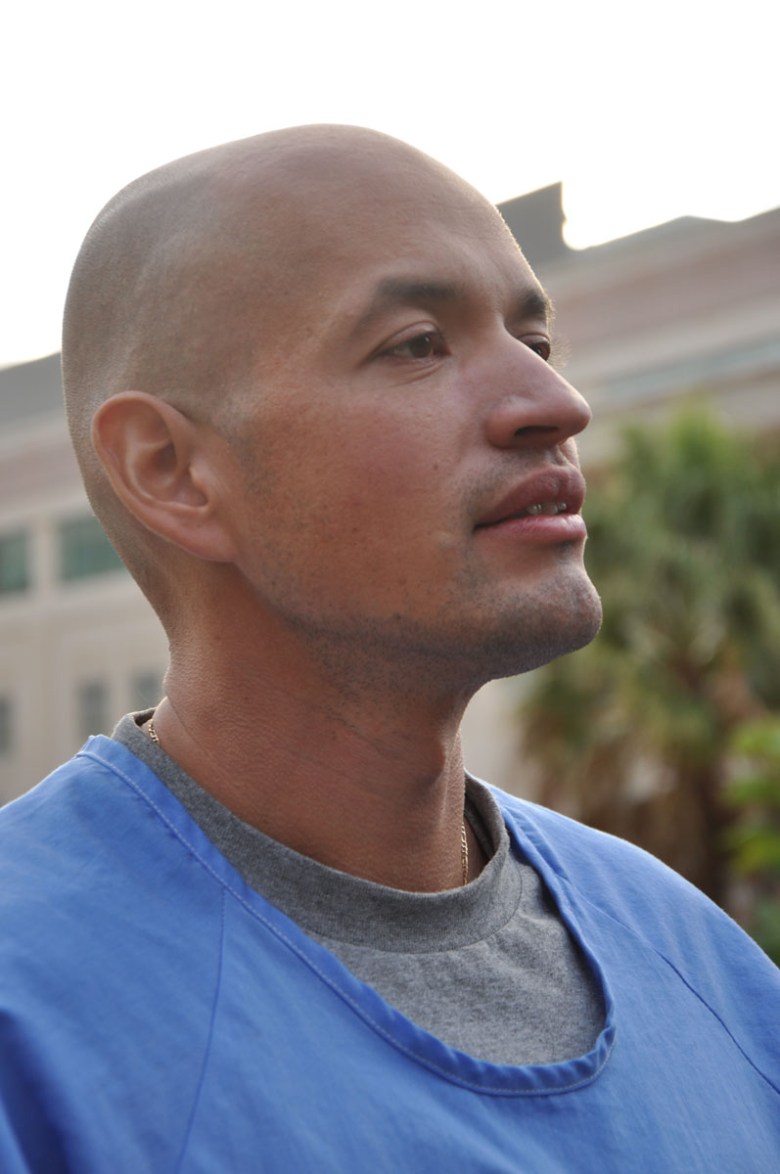By Nadia Castro
Editor’s Note: The following story is part of a collaboration between journalism students at San Francisco State and El Tecolote, and is supported by a grant from the National Institutes of Health’s National Library of Medicine.
Walking out feeling the fresh San Francisco breeze and seeing the sun from outside a prison gate is a different type of feeling. For ex-prisoners, rehabilitating and making a life for themselves can be challenging, especially when they do not adhere to society’s stringent standards.
Teeth are among the first things people notice — including when hiring. When prisoners are not given the same dental health care as the rest of society, it can make it difficult for them to find a job after they’re released.
Jesse Vasquez spent his adult life behind bars and was transferred from Folsom State Prison to San Quentin in 2016.
“I had two instances where I went to the dentist in like 19 and a half years,” said Vasquez, who is now the Executive Director of the Friends of San Quentin News, the organization that fundraises and supports the prisoner-run newspaper, The San Quentin News.
“It wasn’t like my teeth were bad, they were just crooked but that’s a cosmetic thing,” Vasquez said. “They won’t fix them if it’s cosmetic, but they know you need it because the doctor will be like you should eventually fix this, but we don’t do it here. So it’s like okay then what do you do then?”

Vasquez explained that if incarcerated people are feeling intense pain, the prison dentist can take out teeth. Vasquez never had his wisdom teeth removed because he didn’t want to experience the pain and not receive painkillers. Vasquez recalls how one of his cellmates went in to see the dentist for a few cavities and left with five teeth pulled out.
Oral health care is just as important for those behind bars as it is for people walking the streets. Gum disease is serious and life-altering and can rot your teeth until they fall out.
High rates of chronic oral disease are common among incarcerated people, because dental care is basically non-existent. Oral diseases start with infections in your mouth but can travel to your body, which can lead to a more emergent situation. Incarcerated people have to pay for their safety fingertip toothbrushes and cleaning agents. They gather this money by working various prison jobs, which include janitorial, landscaping, tech, among others.
“The cheapest one is like the generic toothpaste. To me, toothpaste is toothpaste, just get it you know,” Vasquez said. “They have regular brand [for] $1.60, Colgate and stuff like that is around $4.50. It’s still expensive compared to the prices out here, but that’s because the cost of living is higher than out here. The wages are cents on the dollar. Like in there the highest paying rate is 36 cents.”
Certain procedures, such as root canals or cavities, are seen as cosmetic and not necessary for incarcerated people. According to Vasquez, incarcerated people find themselves dealing with teeth pain on their own, either by taking them out or going to the “witch doctor,” a resident incarcerated person who has taken to calling themselves that name.
Teeth hold high standards in society, especially when looking for jobs. Incarcerated people are able to expand their job experience inside, but the hardest part remains in people accepting them. With missing or no teeth, a person is less likely to be hired. Add an ‘ex-inmate’ on the application and the percentage of being hired decreases.
Prisons are deemed separate from society, but what few seem to realize is that when incarcerated people finish their sentences, they will be part of society again.

“I think because people only read a story about these guys describing a crime, and they have no interaction with the actual person. So what I tell everyone is as soon as you come in for the first time and meet these guys, it’s really gonna flip your perspective on its end,” said Michael Bott, a volunteer journalism teacher at San Quentin State Prison who works alongside incarcerated people and is an investigative reporter at NBC Bay Area News. “The guys in our program have been in for a long time and have been working on themselves through therapy, self-help programs and pursuing educational programs. They’ve done more self-reflection than I think most people have. I would be a better person if I did as much self-help as they’ve done.”
Teeth can be part of one’s confidence. Mental health is another hurdle incarcerated people face when losing their teeth. Bott explained that just like people walking the free streets, incarcerated people have a sense of pride in their appearance. The journey to being released is having to face the new world that has progressed without them knowing they are not given the resources to help.
“You might have zero empathy for incarcerated people and view them as horrible people, criminals, whatever, but the reality is that most of these guys are going to get out at some point and when they do, wouldn’t you want someone who has a viable path to becoming a productive happy citizen, than someone who is going to be dejected and have no chance at a job, no chance of living and probably all the mental health issues that come with it,” he said.
“Do you want that person as your neighbor or the sort of person who has a stable life and is well-adjusted?”



